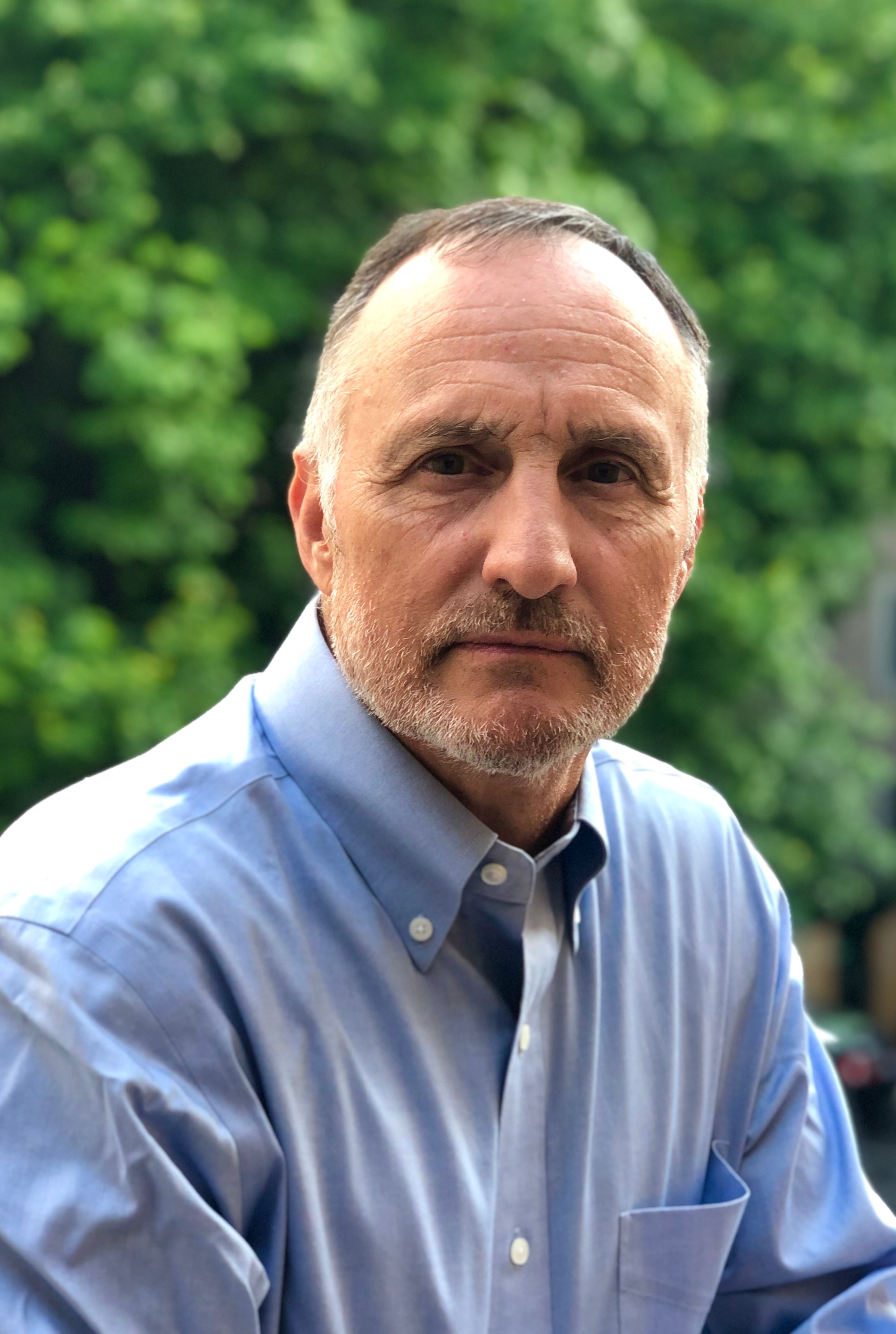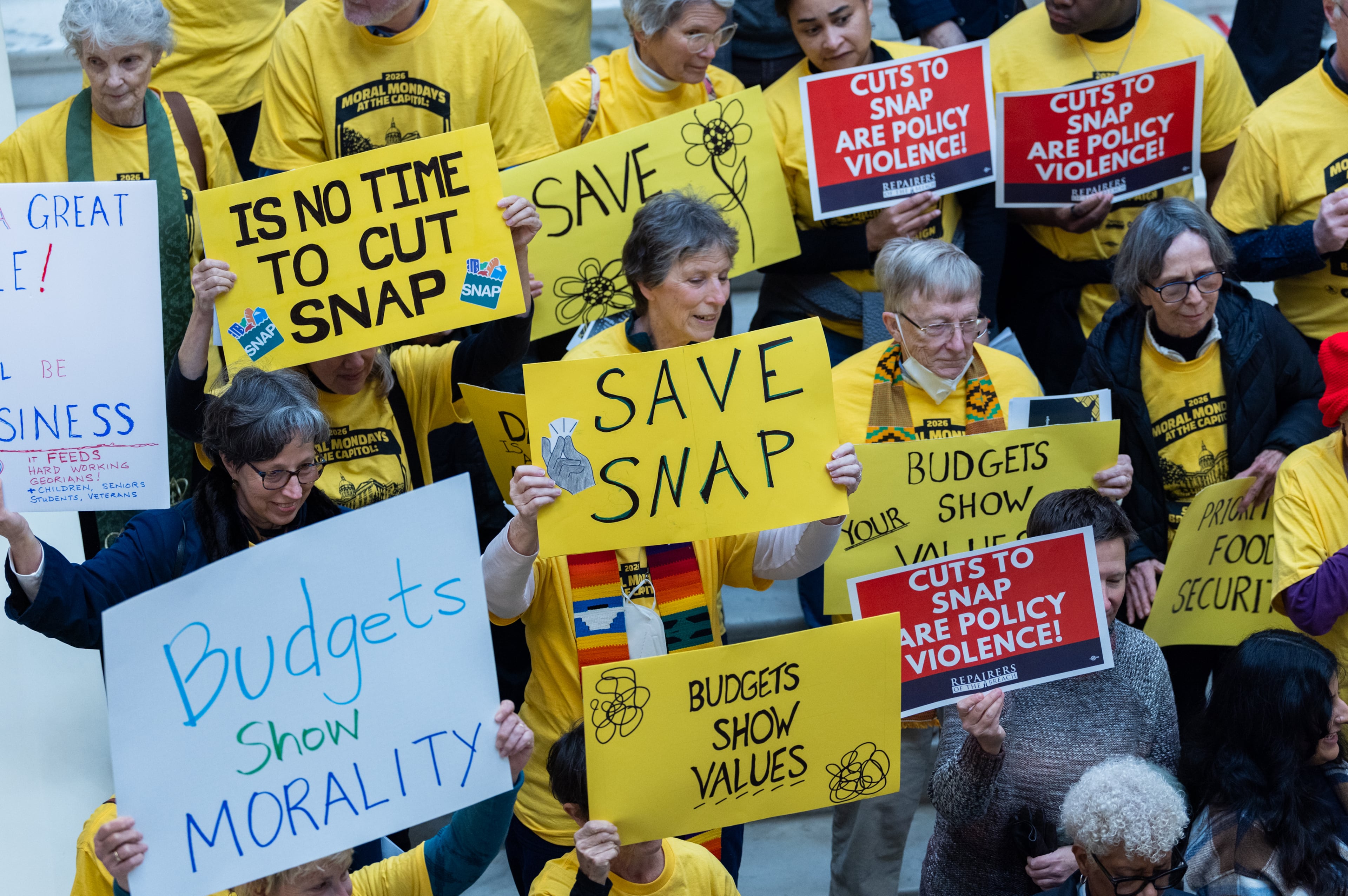A lesson in resisting those who would divide us

On a recent visit to Greece, I discovered that Greeks understand the significance of the presidential election in the United States and worry about the global impact this election could have.
What especially surprised me was that the Athenians knew every swing state in this election and knew that Georgia was one of the swing states that could determine the outcome of this election. The Athenians are also acutely aware that rhetoric and propaganda is being deployed to influence the U.S. electorate and asked why it seems that a significant number of U.S. citizens do not seem to recognize the extreme nature of some of the rhetoric.
Sadly, I did not have a good answer to give the descendants of the creators of democracy.

As I walked through the ancient ruins of Athens, I thought about my Greek history and philosophy college classes from almost 45 years ago. I considered the important lessons of democracy and citizenship that were discussed more than 2,400 years ago by Athens’ classical philosophers — Socrates, Plato and Aristotle, citizens of intellect, moral philosophy and ethical traditions — and how these lessons are relevant to my fellow citizens today.
One lesson I considered by the Athenian philosophers was that citizens should be educated, understand their civic duties and obligations and think critically about their civic responsibilities and the vote used to choose leaders.
When Athenians created the first democracy that allowed citizens to vote for their leaders, the laws of Athens described a citizen as a male who was a descendant of parents from Athens. Of course, this limited the number of citizens allowed to vote. This was not unlike how our Founding Fathers defined a citizen more than 240 years ago, when only landowning males were allowed to vote in U.S. elections.
Democracies have always had laws and regulations that defined how elections occur and who was allowed to vote. The current Greek government allows all citizens to vote, no matter their gender, heritage, economic status or beliefs. If they are a citizen of Greece, they are allowed to vote in their elections.
Our federal and Georgia state laws and regulations have been updated many times since the creation of our nation. Our current laws and regulations define a voting citizen as anyone, no matter race, gender, economic status or beliefs, who is a U.S. citizen by birth or naturalization and 18 years or older.
Georgia, as with most states, requires citizens to register to vote before being allowed to cast their vote. However, over the past several election cycles, misinformation and propaganda have been deployed to allege that noncitizens are voting in our elections and affecting the results of our elections. Many investigations and reviews of these allegations have discovered no credible evidence to support these claims.
Voters should critically review any statements about who can vote, who is voting and the results of voting and ensure that credible evidence is provided to support any claims.
Other lessons from the great philosophers of Athens are that every citizen’s vote was considered equal and that the will of the people should be respected. Both concepts have been cornerstones of every great democracy, including here in the United States.
Since our first election, when George Washington was elected president, our nation has had a long history of respecting the votes of their fellow citizens and the results of free and fair elections. The equal counting of votes results in the peaceful transfer of power and respects the will of the people.
In the past few election cycles, propaganda has proliferated claiming that elections were not fair and were actually stolen. These repeated false claims are meant to divide our nation and sow distrust of our fellow citizens.
Some have gone as far as trying to intimidate people to keep them from voting. The attempt to disenfranchise a citizen or group of citizens is an attempt to make their votes unequal, which is undemocratic and un-American.
A final lesson about internal and external threats came to me as I strolled among the great ruins of Athens and witnessed the massive destruction of the magnificent temples and statues created during the ancient and classical periods.
I was amazed and saddened by this destruction but enlightened when I learned that the Athenians didn’t destroy the temples and statutes that they created to honor their beliefs, heritage and heroes. Invaders and enemies of Greece were the ones who turned these great monuments and statues into ruins. Some were damaged and destroyed in war, and others were damaged or defaced in attempts to break the will of Athenians and replace Athens’ history and beliefs with those of the invaders.
In approximately 480 BC, Grecians came together to repel a Persian invasion. As the Persians departed Greece, they burned Athens to the ground. The citizens of Athens returned and rebuilt, producing the most historic of their monuments and statutes.
However, after many years of growth and prosperity, divisions grew between the people of Greece, and a bitter rivalry between the Athenians and the Spartans resulted in a civil war that lasted 30 years. By the end of the civil war, the Greeks were weakened and exhausted, allowing the Roman Empire to invade in the second century BC. The Romans allowed Athens to maintain local rule, and Athenians continued to hold democratic elections for their local leaders.
Over the centuries, other powerful empires invaded Greece and further destroyed much of Athens’ great monuments and statues. However, the drive of self-determination never left the Athenians, and they always returned to democratic elections to choose their leaders.
I toured the ancient ruins on Sept. 11, 2024, 23 years after enemies of the U.S. attacked our monuments and fellow citizens. I am especially aware of the lessons because in 2001 I was a senior special agent assigned to the Defense Department to assist in the 9/11 and anthrax investigations. I was a direct witness to the impacts of not paying adequate attention to those who want to divide us, harm us and tear us down.
Many forces, internal and external, are working to destroy our confidence in our government and democracy. I ask my fellow citizens to consider these lessons and educate themselves about our civic duties and obligations, one of which is to vote.
I also ask you to think critically about the information and allegations about our elections and electoral process. Please consider the source of such information and ask if the information is reasonable, realistic, clear and supported by evidence or if it’s meant to confuse or create a strong negative reaction and distrust.
Please be aware of and alert to the forces meant to divide us. And, most of all, I ask that we respect our fellow citizens and allow the will of the people to determine our future.
Paul Coleman of Atlanta served in the U.S. Army from 1975 to 1978 and is retired from federal service as a senior special agent.


